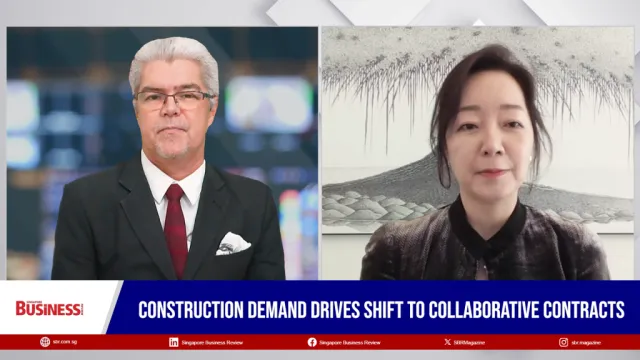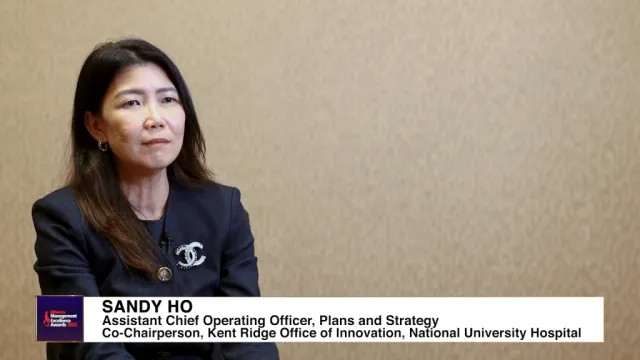Join the community
Thought Leadership Centre
Most Read
1. Singapore to slash CDC vouchers as Budget 2026 pivots to defence 2. Budget 2026 to surge tech funding as ageing workforce squeezes growth: analysts 3. UOB set for growth as DBS, OCBC earnings hold steady: report 4. OCBC and UOB to reverse year-long NIM slide in Q4 5. E-ang bao use jumps nearly 50% in 2025 as seniors ditch red packets: OCBCResource Center
Awards
Apr
14
Event News
Singapore Business Review Management Excellence Awards 2025 Winner: Moninder Jain of Logitech Singapore Pte Ltd
Moninder Jain of Logitech Singapore highlights how human and AI collaboration strengthened the company’s market position.


 Advertise
Advertise
















Commentary
Untapping the social media potential
Untapping the social media potential
Public Relations or Advertising?
Another way to take care of your employees
Become the consumer
What makes a business ‘un-sustainable’
How to hit the headlines – tips to get the Editor’s attention
LOL - It's time you give laugh a try
Inclusion could make mandatory diversity quotas redundant
Sex and Money or Recognition and Praise
The rise of the App Store
Alarm bells for Singapore’s creative industry
Christmas is just another festival in Singapore
Singapore - The business learning centre of Asia
What about integrated communications
Are you fully prepared for Year 2012?
The year end recruitment standstill
It's all about leadership and innovation